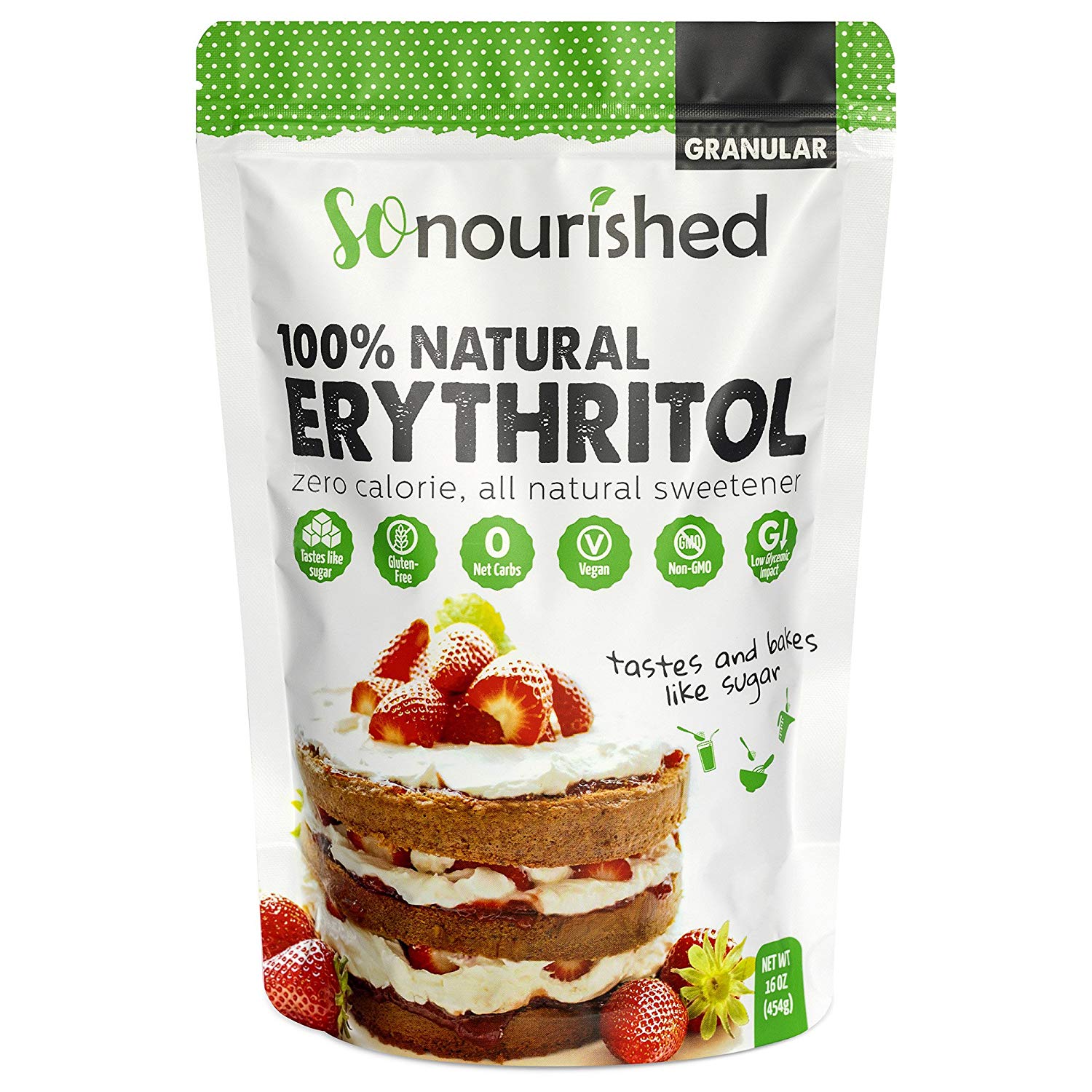Erythritol and Cardiovascular Health: Erythritol Blood Clots

Erythritol is a sugar alcohol that’s often used as a sugar substitute in food and drinks. It’s low in calories and doesn’t raise blood sugar levels, making it a popular choice for people with diabetes or those looking to reduce their sugar intake. However, recent research has raised concerns about the potential effects of erythritol on cardiovascular health.
Erythritol and Blood Clots
Erythritol is a sugar alcohol that’s often used as a sugar substitute in food and drinks. It’s low in calories and doesn’t raise blood sugar levels, making it a popular choice for people with diabetes or those looking to reduce their sugar intake. However, recent research has raised concerns about the potential effects of erythritol on cardiovascular health.
Erythritol has been linked to an increased risk of blood clots in some individuals. This is because erythritol can interfere with the body’s natural blood clotting process. When erythritol is consumed, it can bind to platelets, which are small cells in the blood that help to form clots. This binding can make platelets more likely to stick together and form clots, increasing the risk of heart attack, stroke, or other cardiovascular problems.
Factors that May Increase or Decrease the Risk of Blood Clots
Several factors can increase or decrease the risk of blood clots in erythritol consumers. These include:
- Age: Older individuals are more likely to have blood clots than younger people.
- Genetics: Some people have a genetic predisposition to blood clots.
- Medical conditions: Certain medical conditions, such as diabetes, heart disease, and cancer, can increase the risk of blood clots.
- Lifestyle factors: Smoking, obesity, and lack of exercise can increase the risk of blood clots.
- Medications: Some medications, such as birth control pills and hormone replacement therapy, can increase the risk of blood clots.
Erythritol’s Role in Blood Flow
Erythritol’s impact on blood flow is a complex topic with ongoing research. While erythritol itself doesn’t directly hinder blood flow, its potential to increase blood clot formation can indirectly impact circulation. A healthy blood flow is crucial for delivering oxygen and nutrients to tissues, and impaired circulation due to clots can lead to various health issues.
Comparing the Effects of Erythritol, Sugar, and Other Sweeteners, Erythritol blood clots
| Sweetener | Cardiovascular Health |
|—|—|
| Erythritol | Potential to increase blood clot risk, leading to cardiovascular complications. |
| Sugar | Contributes to obesity, diabetes, and heart disease. |
| Stevia | Generally considered safe for cardiovascular health, but more research is needed. |
| Aspartame | May have a slight impact on blood pressure and heart rate, but further research is needed. |
| Monk Fruit | Considered safe for cardiovascular health, with no known adverse effects. |
Erythritol blood clots – While concerns about erythritol and blood clots continue to surface, it’s important to remember that a balanced diet is key to overall health. If you’re looking for flavorful and satisfying meals, consider exploring the diverse world of indian food near me.
With its array of spices and fresh ingredients, Indian cuisine can offer a delicious alternative while you navigate the latest health information about erythritol.
The recent discovery of a potential link between erythritol and blood clots has raised concerns about the safety of this artificial sweetener. While further research is needed to understand the full extent of the risk, athletes participating in demanding sports like sport climbing combined olympics usa may want to consider limiting their intake of erythritol, as strenuous activity can increase the risk of blood clots.
As the scientific community continues to investigate this connection, athletes and consumers alike should remain informed about the potential health implications of erythritol.